
Oxytocin is a mammalian hormone that acts primarily as a neuromodulator in the brain.
Oxytocin is best known for its roles in sexual reproduction, in particular during and after childbirth. It is released in large amounts after distension of the cervix and uterus during labor, facilitating birth, and after stimulation of the nipples, facilitating breastfeeding.
Recent studies have begun to investigate oxytocin's role in various behaviors, including orgasm, social recognition, pair bonding, anxiety, and maternal behaviors. For this reason, it is sometimes referred to as the "love hormone". The inability to secrete oxytocin and feel empathy is linked to sociopathy, psychopathy, narcissism and general manipulativeness.
The word oxytocin was derived from the Greek ωκυτοκíνη, okytokíne, meaning “quick birth”, after its uterine-contracting properties were discovered by British pharmacologist Sir Henry Hallett Dale in 1906. The milk ejection property of Oxt was described by Ott and Scott in 1910 and by Schafer and Mackenzie in 1911. The nine amino acid sequence of Oxt was elucidated by Vincent du Vigneaud et al. and by Tuppy in 1953. and synthesized biochemically soon after by du Vigneaud et al. in 1953. Oxytocin was the very first polypeptide hormone to be sequenced and synthesized.
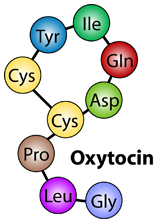
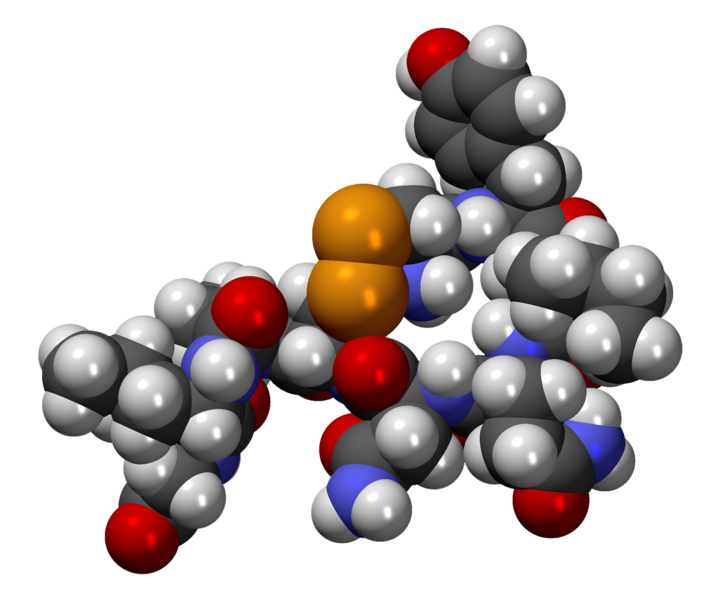
Neuropeptide oxytocin is of great importance in social and reproductive behavior and emotions. Oxytocin or oxytocin-like drugs have many potential therapeutic applications. This can generate greater interest in testing oxytocin as a treatment for a number of disorders, and in developing central nervous system-penetrating oxytocin agonists suitable for clinical trials. The pharmaceutical industry would be interested in investigating oxytocinergic compounds with regards to the following functions:
Addition to stimulating female and male sexual behavior
Penile erections
Social closeness - including parental and monogamous bonding
Diminishes pain, depression, anxiety, aggression and stress hormone release
Lowers blood pressure
Counteracts addiction and drug withdrawal
Modulates appetite and digestive processes
Promotes wound healing
Few, if any, other neurochemicals have such a broad spectrum of effects.
Moberg, K. The Oxytocin Factor. Perseus, 2003.
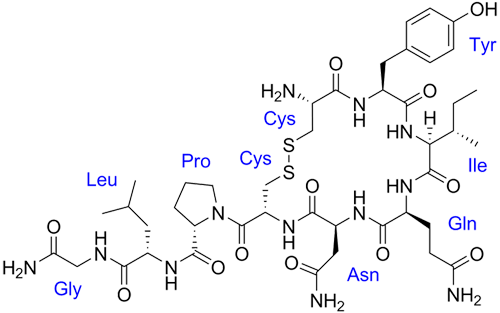

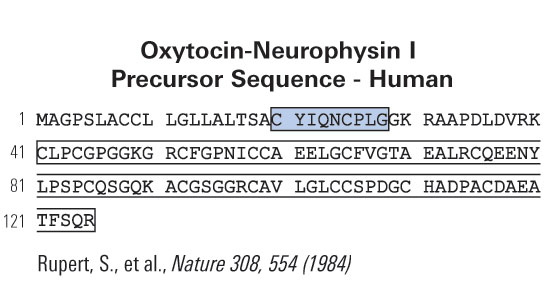
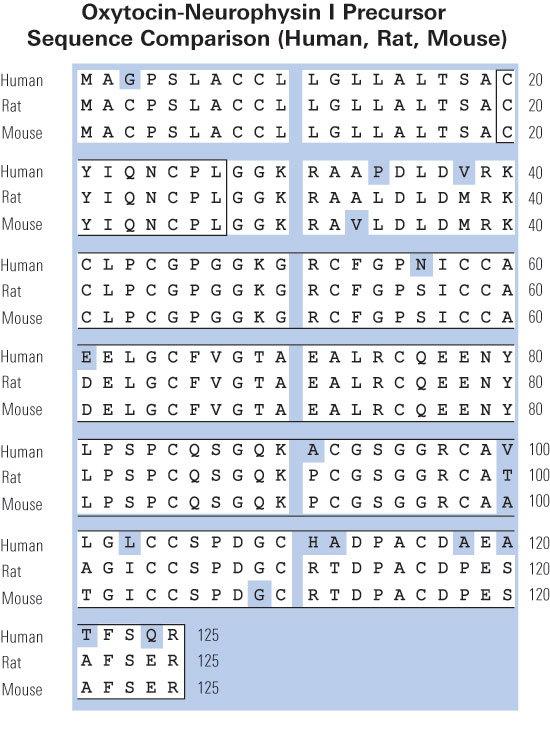



Social Network Confirmation